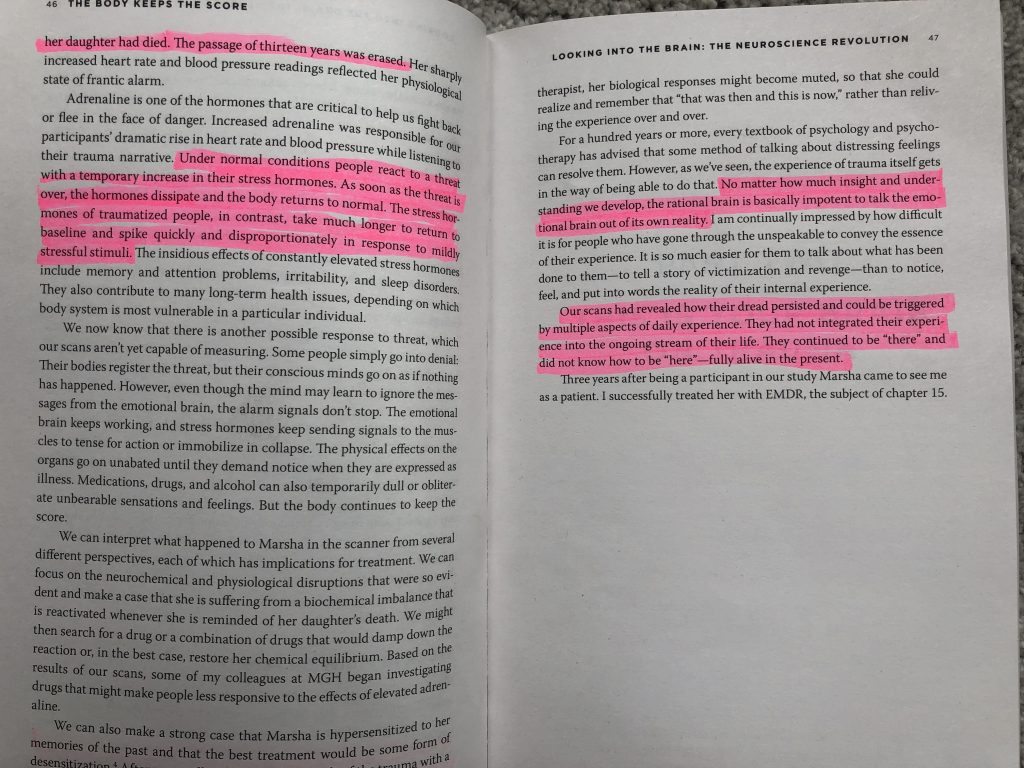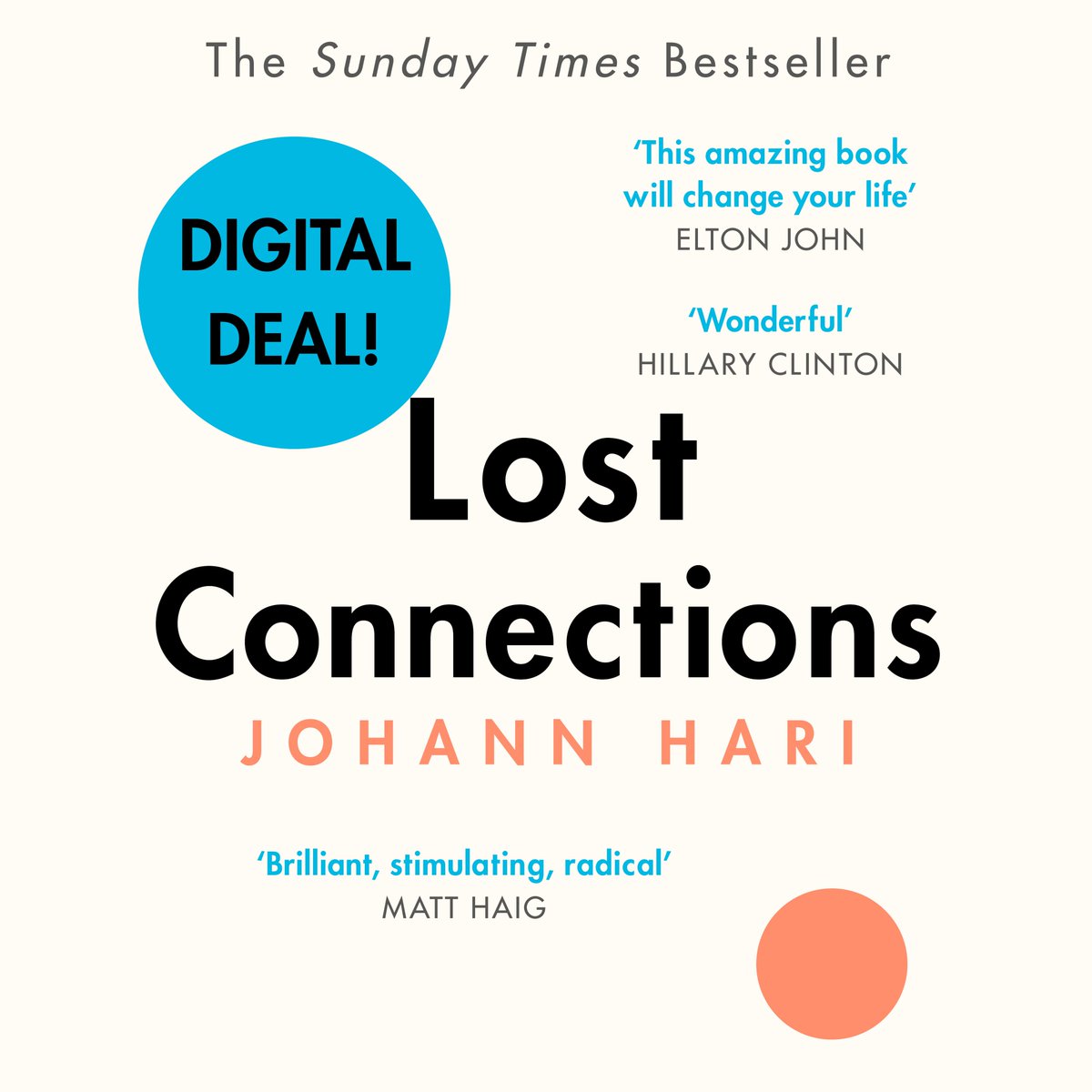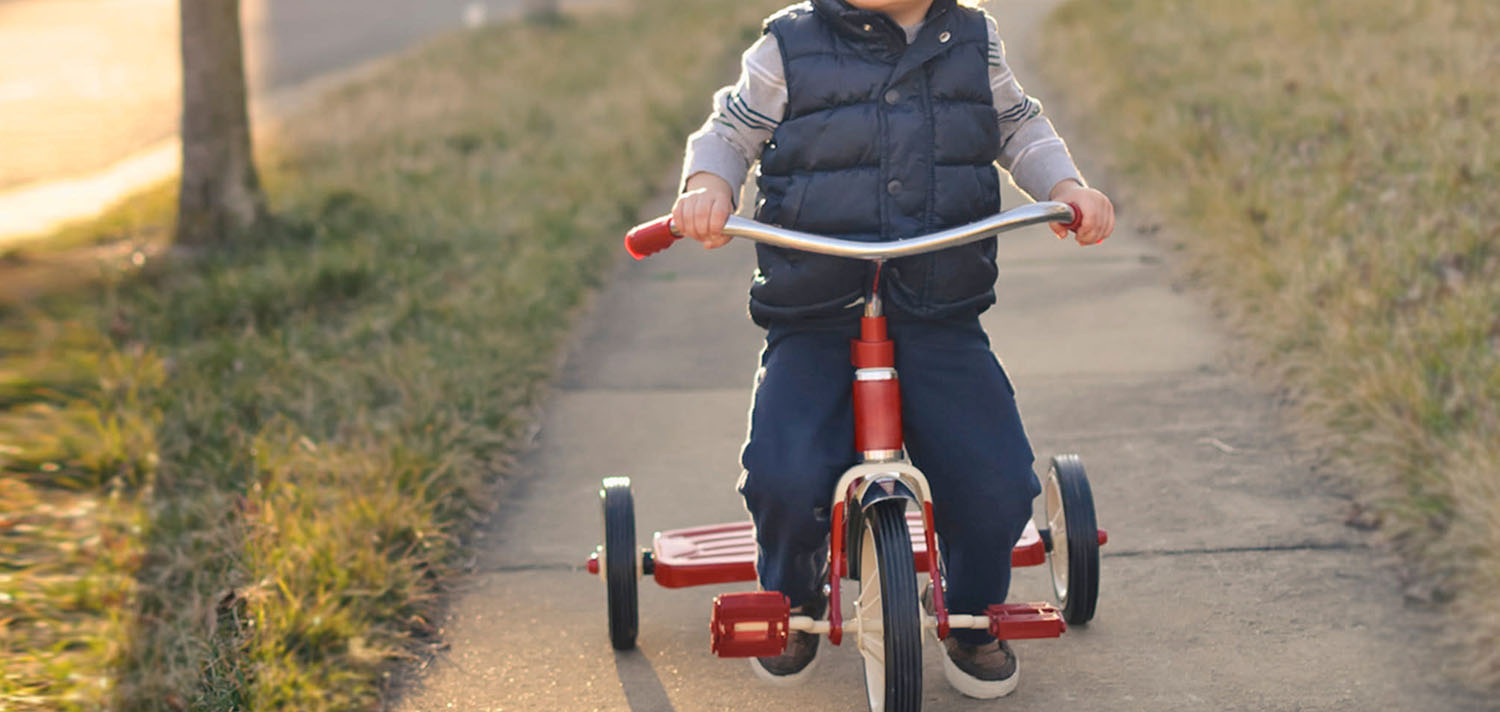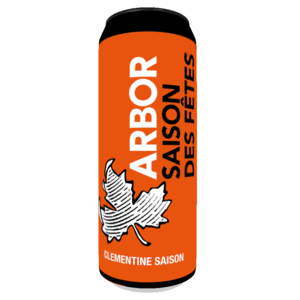As seems to be the case amongst ex-pats, M is an excellent raconteur. I knew that if I wanted to let him know what had been going on with me (which is why I’d contacted him), I’d have to get in early before he built up an unassailable and unstoppable head of story-telling steam.
This I managed.
He listened with compassion and understanding and a nod to his own suffering. He revealed to my surprise that he was taking medication for panic attacks and suggested that I should consider them as a means of taking the edge off, too.
It surprised me because I’ve always thought of M (and still do) as a high-functioning, resourceful, dynamic, jet-setting, conference-attending, Washington DC-visiting, multi-lingual legend.
The nonchaIance with which he revealed that he used medication contrasted very much with my sense of anti-depressants as being the method of last resort – a sign that somebody had failed utterly to manage their very own shit. A deep, moral failing.
I know it’s messed up thinking, has proved a carte blanche to suffer way more than I need to. There’s certainly some nasty old Protestant work ethic stuff along with medieval ideas about the nobility of suffering mingled in with Buddhist notions of being naked and exposed before your feelings, rather than dulling them (by whichever means).
Anyway, I got talking about the reading I’d been doing about depression, anxiety and mental illness, especially Johann Hari’s excellent Lost Connections, and more recently, Bessel Van Der Kolk’s formidable treatise on trauma, The Body Keeps the Score, which I’d scarred repeatedly with my lurid pink highlighter.
Both men are of the opinion that, in a fractured world of questionable values, lost community, insecure work and disconnection from the rapidly receding natural world, it might turn out that depression and anxiety are wholly appropriate responses.
As the Indian mystic Krishnamurti said, “It is no measure of health to be well-adjusted to a profoundly sick society.”
Something else that Van Der Kolk said fairly early on in his book, also resonated with me, and helped me understand my continued resistance to taking medications (other than those brewed in a keg and administered via a pint glass). He talks about medication in respect to trauma and PTSD but I think it has equal if not greater application to individuals whose suffering is not a result of a known trauma.
The SSRIs (anti-anxiety medication) can be very helpful in making traumatized people less enslaved by their own emotions, but they should only be considered adjuncts in their overall treatment.
After conducting numerous studies of medications for PTSD, I have come to realise that psychiatric medications have a serious downside, as they may deflect attention from dealing with the underlying issues
Bessel Van Der Kolk, The Body Keeps the Score, p.36
Underlying issues, indeed. And it wasn’t long before M, and without any prompting from me, spoke of early traumas and how he really should get back in to therapy to continue the process of unentangling them.
I guess that when the meds restore you to a functioning state, you lose the impetus to address the root cause, that is, if you believe there is one. And can find it.
Am I in a functioning state? Well, I’ve managed to knock out this post and done some real ‘work’ (mostly emails) but have felt awful for much of today, just sucking the misery up and in. I quit my vaping lockdown habit today so maybe that’s fiddling with my synapses.
I’ll have a better idea of just how well I can function, I suppose, when I go back into work for the first time being signed off, next week.








0 Replies to “To Dose or not to dose (2/2)”